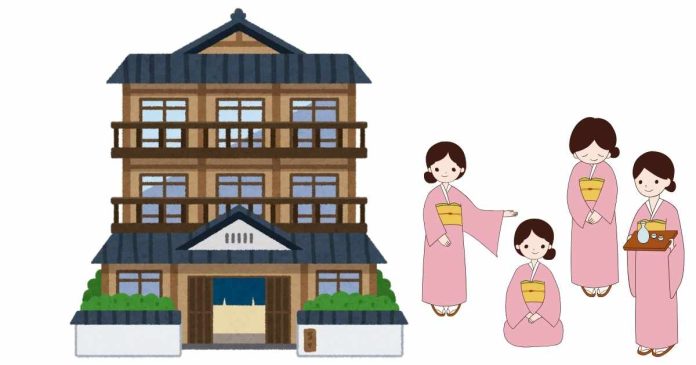- L’Auberge:
- “Auberge” is a French word that refers to an inn, tavern, or guesthouse. Historically, an auberge was a place where travelers could rest and get a meal, much like a small hotel or hostel. In modern contexts, it often refers to a restaurant with a traditional or rustic feel, serving homey, regional cuisine. It can also evoke a sense of a warm, inviting place.
- The “L'” is simply the definite article “the” in French, used because “auberge” is a feminine noun. So, “L’Auberge” means “The Inn.”
- Chez:
- The word “Chez” is a preposition in French that translates to “at the house of” or “in the place of.” It’s used to refer to someone’s home or business. It can be used for both personal and professional settings. For example, “chez le médecin” means “at the doctor’s office,” and “chez moi” means “at my place” or “at my house.”
- In this context, “Chez François” implies that the inn is associated with François, either named after him or owned/run by him.
- François:
- “François” is a common French first name, equivalent to “Francis” in English. It is used here as the name of the person the inn is associated with. If this is the name of the inn’s owner, it could suggest a personal touch to the business, emphasizing a sense of hospitality, warmth, and tradition. If the inn is named after someone historically famous or a character in the establishment’s story, François could still carry that same sense of personal branding.
Putting it all together, “L’Auberge Chez François” translates to “The Inn at François’ Place” or “François’ Inn”, which suggests an establishment that is both a place to stay and a place to enjoy traditional French cuisine, possibly with a personal, homely atmosphere connected to the owner, François.
The name likely evokes a sense of warmth, hospitality, and a welcoming atmosphere where guests feel like they’re dining or staying at someone’s home—reflecting the French tradition of combining fine food, drink, and personal connection.


